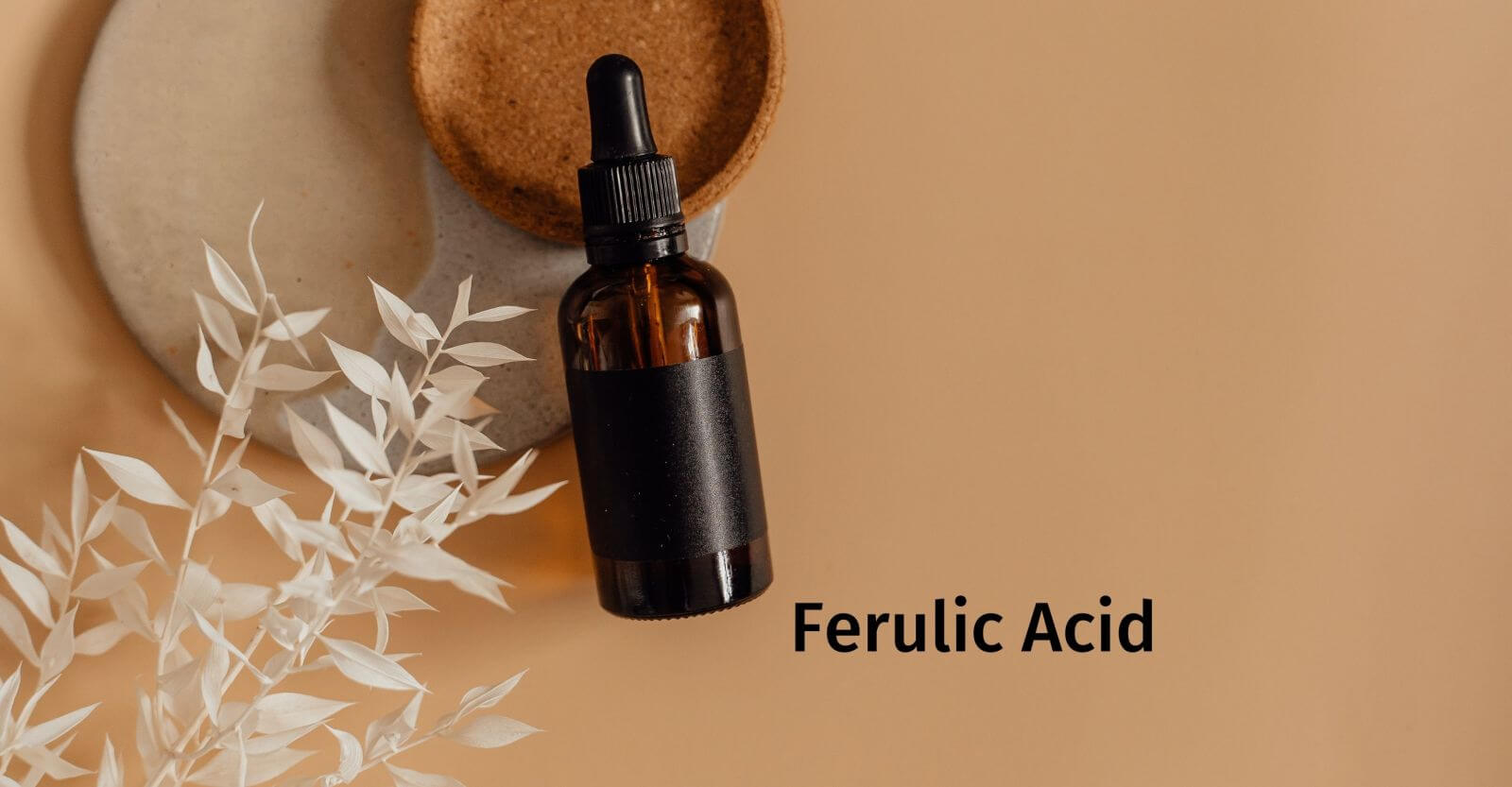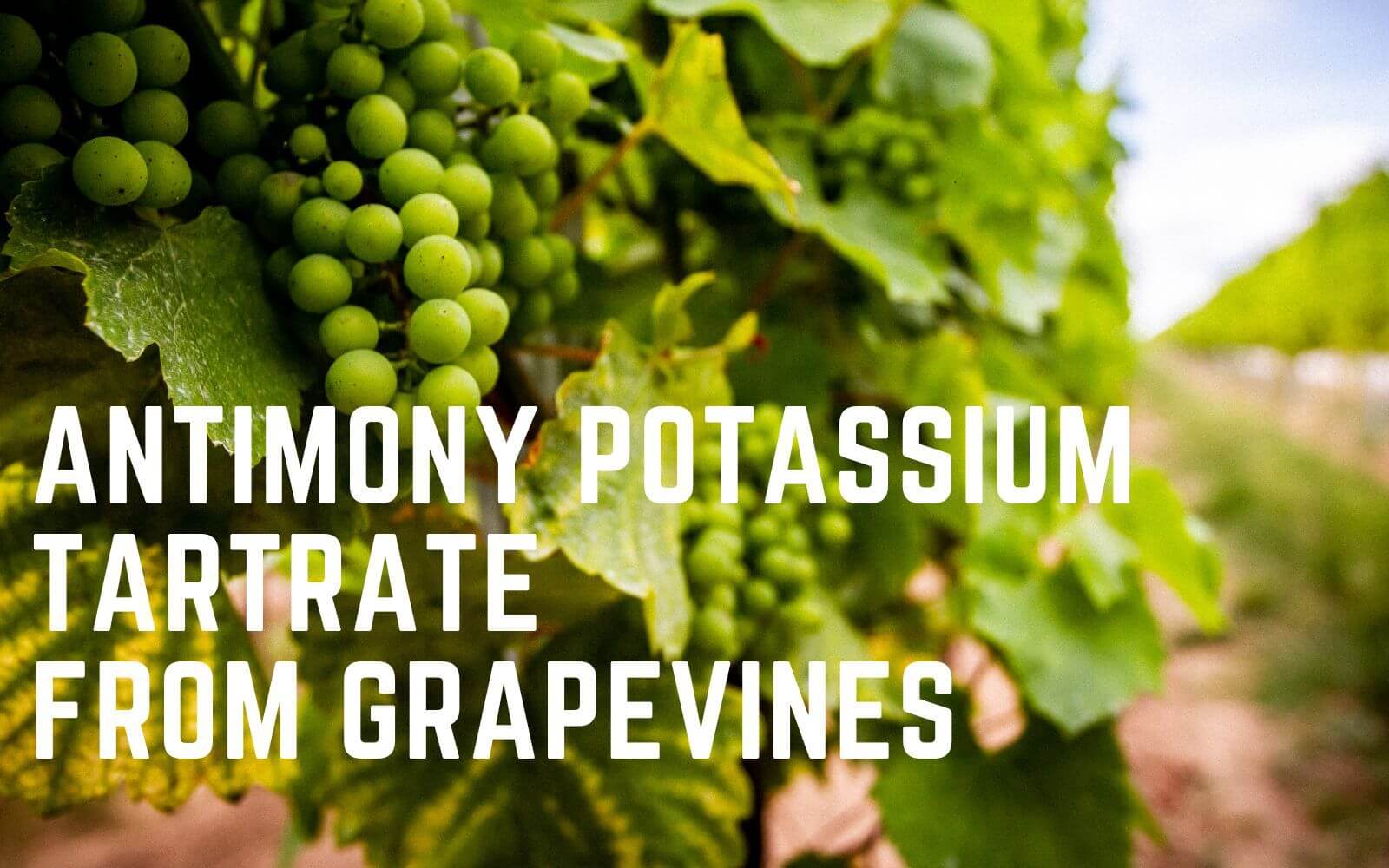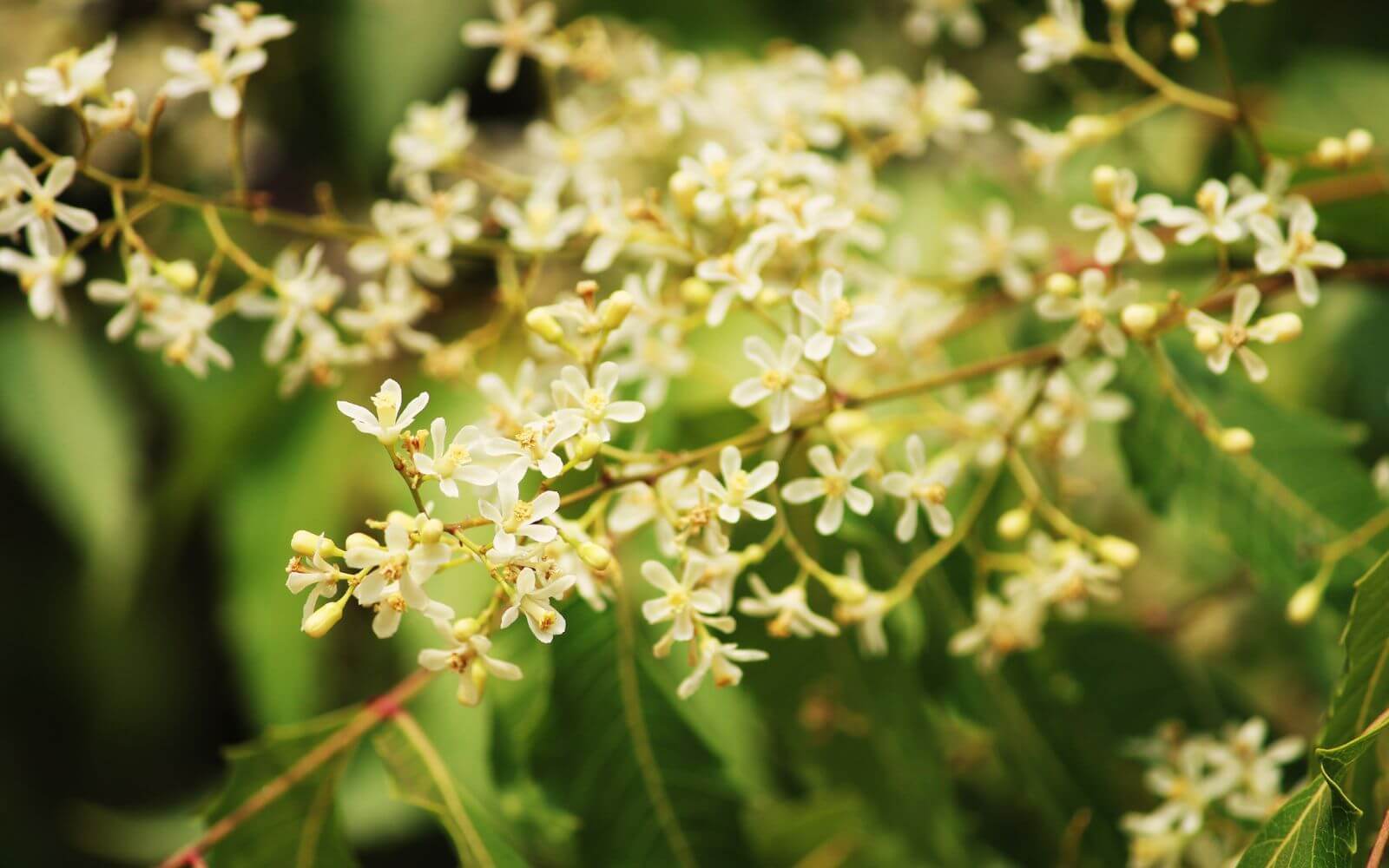
Ferulic acid – multifunctional plant active ingredient
Higher memory performance, effective skin protection, tasty aroma – all this is provided by ferulic acid.
Years ago, a research team from Halle and Magdeburg found an active ingredient in the rose root plant that is said to work against dementia: an ester of ferulic acid (ferulic acid eicosyl ester FAE-20). Studies on fruit flies were able to confirm this effect. The research team was able to show that the memory performance of fruit flies after the administration of FAE-20 in the food was about a third better than that of untreated conspecifics. The experiment was based on what is known as conditioning. The flies learned to associate an odor with a reward in the form of sugar .
Ferulic Acid – Commonly found in the plant world
One of the most abundant compounds in the plant world, ferulic acid has more to offer than its memory-boosting effects. It gives our skin special protection, acts as antioxidant and filters UV rays, which makes it interesting for the cosmetics industry.
As a naturally occurring herbal ingredient, ferulic acid is safe to use.
You can find it mainly:
- in cereals, rice, corn, soybeans, but also in fruits such as oranges and bananas
- in roasted coffee, tomatoes and olives
- in some herbs, such as dill
Antioxidant anti-aging agent
But how exactly does ferulic acid work? It is part of a comprehensive metabolic process in a plant. Plants constantly form various substances that serve to build the plant cell wall. These are primarily polyphenols. Although these substances do not provide the human body with any energy when consumed, they are considered to be very health-promoting and act like antioxidants.
Various studies on the medical effectiveness of ferulic acid have shown the following positive effects:
- Antioxidant effect: Antioxidants stop chemical chain reactions in the organism that could damage cells. These harmful reactions are triggered by oxidative stress. Oxidative stress is caused, for example, by UV radiation, psychological stress, environmental pollution, nicotine consumption and an unbalanced diet.
- Anti-aging effect: Oxidative stress affects an organism enormously and causes it to age prematurely. Ferulic acid can contribute here by making the cells more resilient and fighting off oxidative stress.
- UV protection: Ferulic acid can protect against sunburn. In combination with vitamins C and E, it also offers a protective effect against skin cancer.
Massive, long-lasting oxidative stress shows itself externally in the form of skin aging. But it can also trigger various diseases inside the body, such as cardiovascular problems, diabetes mellitus or cancer.
Ferulic acid in cosmetics, medicine and the food industry
While researchers are dealing with possible therapeutic approaches in these areas, the active ingredient is already being used successfully in various cosmetic products. In the form of creams and lotions, it helps to reduce fine lines and wrinkles, minimize age spots and help sagging skin to regain its elasticity, because in addition to its antioxidant effect, ferulic acid boosts collagen and elastin production.
Conclusion: Ferulic acid is a versatile secondary plant substance that has a health-promoting effect in both skin care products and food. Incidentally, it gives many types of beer their typical aroma and is considered the starting material in the production of vanillin.





 4c media
4c media